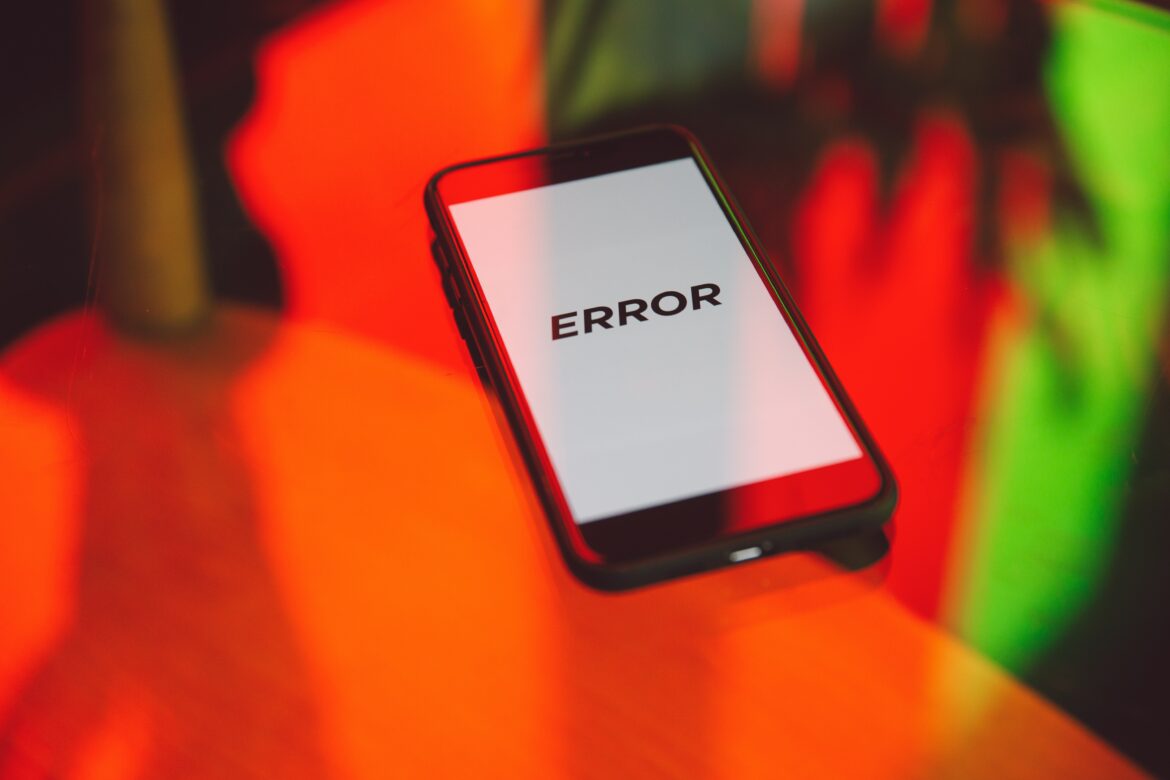Principle vs. principal are among the ranks of ’week vs. weak‘, ‘affect vs. effect‘, ‘allusion vs. illusion‘, and the countless other confusing words in English. But as is the case with these other examples, once you know the difference, these confusing word pairs are easy to tell apart. Let’s dive …
Language & Grammar
If you’ve often stumbled while using the two similar sounding, yet very different words, week and weak, here’s a short article explaining the difference between the two. Week vs. weak: Definitions Weak refers to a lack of strength, power, or effectiveness, while week refers to a period of seven days. …
Allusion vs. illusion – two words that researchers end up using often interchangeably – have distinct differences in meaning. In this blog, we will delve into the difference between allusion and illusion, what does allusion mean in the literary context, and provide examples of each to bring out their usage …
You must have used which vs. that a thousand times in your research till now. In fact, we all use the two words very frequently in our day to day writing. But the commonality of these words doesn’t guarantee their ease of use. They cause a lot of confusion at times, and questions …
Fewer vs. less – the two words have distinct meanings and are used in different contexts in the world of grammar. As researchers and PhD students, it becomes important therefore to understand the subtle differences between these words to make sure your message is conveyed correctly to your readers. Let’s …
The English language has many words that are similar in sound and meaning, and while not all of these words are classified as homophones, there are words like continually vs. continuously that are close enough in sound to cause confusion. Additionally, their meanings are somewhat similar, making it even more …
Inter and intra are one of the commonly confused prefixes in the field of research, and the correct usage of inter vs. intra baffles a lot of researchers. With just one alphabet separating them, they can be hard to tell apart, but once you understand the basic difference between inter …
Is the Oxford comma necessary? When and when not to use Oxford commas? What is the Oxford comma used for? How to use commas correctly? If you have ever asked yourself any of these questions while writing your research paper, this short article will put your confusion to rest. The …
As the volume of academic articles being published increases, there is an accompanying focus on delivering high-quality manuscripts devoid of common errors in English writing. While English has long been established as the language of science, many relevant and important articles are written in local languages, which highlights a need …
“Provided they are not obscure to the reader, abbreviations communicate more with fewer letters. Writers have only to ensure that the abbreviations they use are too well known to need any introduction, or that they are introduced and explained on their first appearance.” —From “The Cambridge Guide to English Usage” …












